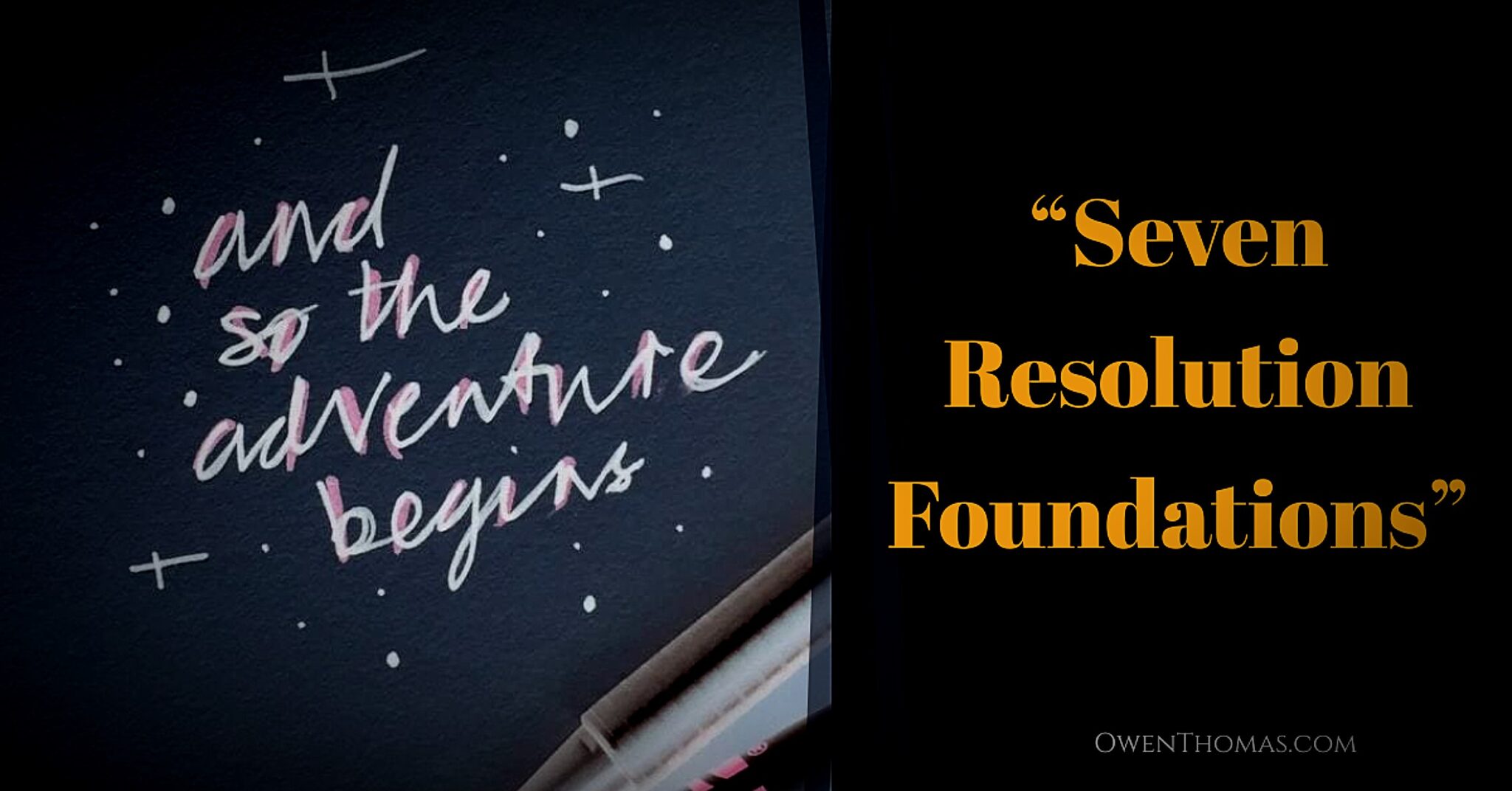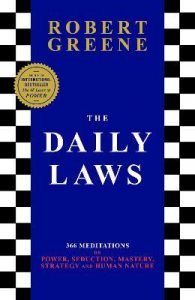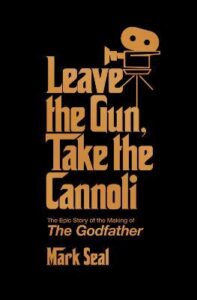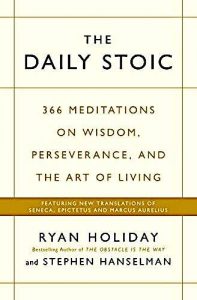“I hope the world ends in 2012, so I won’t be held accountable for my New Year’s Resolutions….”
Imagine this morning you discovered that there was no longer any petrol in the world. What would that do to how you live? How would you get around? Where would you get your food? What would it do to your plans just for today, let alone any other day? The list would go on and on. Fuel, oil is such an integrated part of everyday life that we often fail to see its impact. Yet it is a foundation element of what we do each day.
Either by choice or our cultural environment, this time of year, we look back at the last year and look forward to the next. We start to think about how we would like next year to be different, better, our lives to be improved. We will make a list either on paper or at least mentally in our heads, of the things we want to look back on in twelve months and be pleased. However, we will also be aware that by the third week of January, for many, those resolutions will already be assigned to the dust bin of history.
Below those resolutions will be foundations. These foundations, your foundations, your principles and life skills will either enhance or negate the strength and likelihood of success. We are often not aware of the subterranean aspects of our lives, yet it colours all our day-to-day experiences.
I’m going to suggest seven that you may wish to explore. First, to see whether these foundations exist in your life and, if so, what value they have added so far, and perhaps create new ones if you discover a new idea. You may indeed find others in your being that have helped you construct your current world.
Perspective.
In 1940, the German army had raced across Western Europe at a speed that had caught the allied armies by surprise. Three hundred thousand retreating troops had found themselves on the beaches of Dunkirk in a desperate attempt by the leadership to find a way to get them to England. If they failed, there would be no chance of survival—the skies filled with Nazi dive bombers and Messerschmidt fighters strafed them mercilessly. There were no Royal Air Force planes to be seen anywhere. This feeling gathered momentum and all their fears coalesced into the belief that their own side had let them down. The men were abandoned by their own forces. This anger and resentment would explode when rescue finally arrived in the refusal of many captains to take allied airmen off the beaches – giving preference to anyone else. Some were ordered off the boats and back to the shore. This myth of Royal Air Force abandonment persists to this day.
But what does history tell us? The RAF certainly was there. They shot down just under three hundred enemy planes for a loss of less than half that number. They looked to fight the enemy away from the beaches. Their goal – to take the planes out of the air before they hurt the men stranded on the beaches. They couldn’t be seen by the men helpless at sea level – for them – the skies were empty; they believed they were abandoned to their fate. They had no perspective. It is ever so easy to build up believable stories that determine our reaction to the world when we have no perspective. Even if they are untrue, they can become so powerful that they persist even when the evidence shows otherwise.
When we look at our human activities, personal goals, failed accomplishments or successes, we will more than likely observe them from sea level without perspective. Seek to lift yourself off the beach to distance yourself from the moment, perhaps in a mental air balloon. To see yourself rising slowly, gathering more and more information. To understand why you were successful or why you failed. This new position will enable you to gain more understanding. To learn how to become a better version of yourself. What was a failure may not necessarily be the case.
Reflection, time, and perspective give us a foundation for the success of any resolution.
Compassion
Why are we so hard on ourselves as adults? As babies, we grow and learn everything it takes to be a little human. We keep trying to walk, learn about balance, develop strength, and do this until we succeed at the goal. We don’t get down on ourselves. I don’t think that we even conceive of that as an option. We just keep going, not caring how long it takes until the goal is accomplished. We literally take baby steps as we seek to grow. Something inside us propels us forward.
As adults observing a new child, we support them in any way we can. We don’t discourage them. We accept that, for some, it takes time. Others it happens faster – each tiny human has its own timetable for development. So why, as we age, do we show ourselves and each other little compassion when it comes to our personal improvements and corrections of past errors of judgement.
With compassion and resolve, most things can be accomplished.
Forgiveness.
To forgive is to set a prisoner free and discover that the prisoner was you. – Lewis B. Smedes
There is a good chance, unless you have a good handle on forgiveness, the goals you set for this year will cause you to suffer. You will fail at some of them. Others will involve people who, unlike ourselves, are not perfect, who will let you down and will compromise the outcomes you pursue. Forgiveness enables us to rise again after we have stumbled in the goals we seek; we can forgive ourselves and others for our humanity. It allows us to start again and, this time, perhaps be successful in our attempts.
“The truth is, unless you let go, unless you forgive yourself, unless you forgive the situation, unless you realize that the situation is over, you cannot move forward.”
― Steve Maraboli, Unapologetically You: Reflections on Life and the Human Experience
Learn Your Mechanics of Change.
As you seek to achieve whatever particular goals you have in mind over the next few weeks and months, there is a good chance you will fail. At least once. Here, it is important to realize that you are learning where your balance is derived. You are gaining strength. You have done this before as a child. Learning to do it, here – again. Each time you take a “step”, you are schooling yourself about “how this works for you.” You are developing your personal Change Style.
I have a good friend, Kevin, who has a vineyard not far from my home. Kevin is in his eighties. I have spent many hours walking around Kevin’s vineyard talking about life. He started as the son of a dirt-poor farmer in the western districts of Victoria. His first job was as a clerk in the local bank. When he finally retired early to his vineyard, he was in senior management, a loving family and a Christmas that would put a Norman Rockwell painting to shame.
Kevin’s personal recipe for success is to take one step, hold the line and then take another step. He hates going backwards. Most people are familiar with the life application of two steps forward, one step back. That is not Kevin’s style. He likes to take a step forward. Learn how he got there, gather his resources, and take another step. That’s Kevin’s Method. It’s not fast, but it is permanent. It minimizes discouragement and maximizes his chance for success.
If you take the time to observe how you function and how change happens, you can use that to accomplish any goal. But, of course, you can also change that method at any time.
Empathy
On Boxing Day this year, I found myself in a bookstore. It wasn’t planned. I hate going to the shops, on holiday, when so many better options are available. But I was there to pick a different Christmas present for my Dad. Unfortunately, I had doubled up on a gift.
I found my way to the store’s psychology, personal development, business section by chance. Since I was there, I thought I might as well pick up another book to replace the other I had already given away.
I was lucky. I found another shopper who had a similar interest who was happy to discuss our various likes and opinions on the books we loved. It is always lovely to have a chance meeting with a fellow traveller through life. One of our favourite authors has just released a new book. This new book launched a discussion into the activities of this author over the previous twelve months. We both agreed his actions had caused us to think twice about the man. We thought his actions were emotive and unbalanced and reacted utterly opposite to the very philosophy he proposes. We both agreed we loved his books but had trouble with the man.
I had heard the author interviewed several times over the previous months around the subject of his new book. With my new friend, I could share a small nugget of information about our author’s personal life, hitherto unknown. His partner had a significant health concern, which I believed had caused him to overreact in an emotionally charged way. He had exposed his humanity. This small piece of information had enabled me to walk in his shoes, to respond empathetically, and had caused me to wonder how I would have reacted if the situation had been reversed. To see the man behind the author and that he too struggled to live up to the ideals he holds – just like the rest of us.
The empathetic ability has decreased in our society over the last few decades. Therefore, it has become essential to reinvigorate this aspect of our humanity more than ever. As we seek to start a new year with goals and ambitions, we will call on others to help us achieve them. It is almost impossible to reach anything without the help of others. If we can walk in another’s shoes and see life from their perspective, this will enable us to get the best support from those who help we seek.
Empathy asks us all, in various situations and emotive interactions, to be the bigger man, the bigger woman, the bigger person. To rise above the typical reactions, see behind the masks into the worlds of those we know and love.
Make Sure the Goals You Set Are Your Own.
The world of advertisers, social media and the culture around us like to define what makes a successful life. It is hard not to get caught up in seeking to achieve what others define as the “ideal” way to live. To seek to accomplish goals that we don’t own.
It is possible to realize any goal in life with hard work and effort, but as one friend put it – “I climbed the ladder of success only to discover it was leaning against the wrong wall.”
We have one life to live; one to look back on with pride, horror, or disappointment. Spend time with your goals. Feel where they come from – do they come from within you? Dreams that come from within bring satisfaction, meaning and happiness.
“I tried to keep up with the Jones’, but after a while, I found out I didn’t like the Jones’.”
When we seek advice, it pays us to remember that the person’s advice we seek only knows what they know.
Awareness
Awareness is the key to everything. The more we can see how we work and how the world around us functions, the more we can achieve our goals. In addition, we have a clearer vision into the depths of the obstacles both internally and externally that we will need to overcome to reach our destination.
I have found the best tools to increase awareness are quite reflective times, yoga and meditation. If we fill our lives with constant noise and distractions, we fail to allow the precious quiet time for the mind to understand the events of our experience further.
“Awareness provides the answer to all human problems that actually have a solution.” – Bill Harris.







